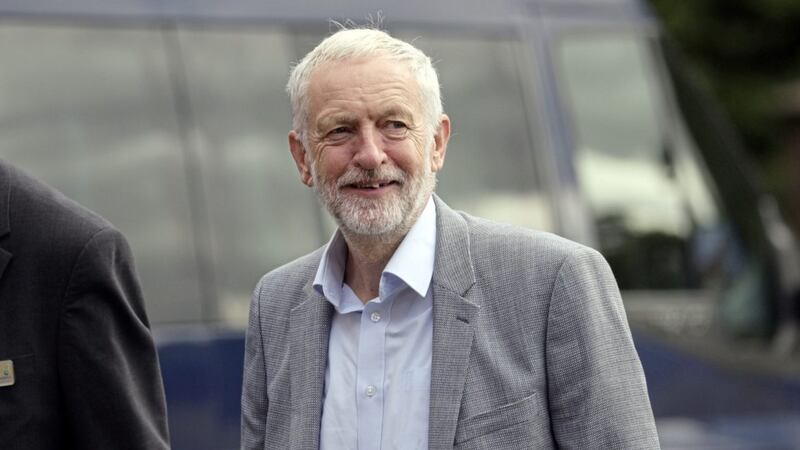AS the long, humid and unexpectedly hot summer dissolved into a more familiar comfortably soggy affair, an optimist may have hoped the mixture of Vitamin D in the bank and drop in mercury would led to a less febrile atmosphere.
Instead, an endless clashing of political ideologies has heated up to a degree that threatens to scorch everything in its path.
There is no room for debate, no chance of consensus, no hope of solutions to thorny problems when the interaction between elected representatives of political parties consists almost exclusively of playground insults and endless 'equivalencing'.
Obviously social media doesn't help. We now live in a world where aspiring ministers of government can taunt detractors - including, in many cases, constituents - with 'crying-with-laughter' emojis and a sneering 'lol' (laugh out loud) where a full stop used to suffice.
Each side is so convinced of its own righteousness and the other's venality that any challenge is batted away with a counter-accusation and the substance of the criticism levelled is never fully examined.
According to the discourse you can either be a borderline racist supporter of fascists or an apologist for terrorists - criticising one side automatically puts you in the other camp, do not pass 'go'.
It may surprise you to know that I'm not actually talking about Northern Ireland politics for once, but the current mess at Westminster.
I imagine that it surprises you because political observers in the north are wearily familiar with the never-ending merry-go-round of accusation and counter-accusation.
Politics here has always been dysfunctional, a tedious trench warfare of attack and counter-attack repeated until paralysis finally wins out.
The blighted history of the currently mothballed assembly was an endless cycle of kamikaze brinksmanship - because actually governing was never the prize.
The power players of unionism and republicanism have always only really been interested in defending their particular dogma.
For decades - and in truthfulness probably centuries - this malignancy at the heart of politics was assumed to have been the result of the infection of political life by religion.
It seemed a plausible explanation for the intransigent nature of the opposing sides. Was it not a short hop from religious zealotry to political fanaticism?
The current neurotic breakdown currently underway among the political classes across the Irish Sea reveals that this was too blithe a rationalisation.
Witness the Eurosceptic-wing of the Conservative Party's once and future bright white hope, Boris Johnson, resort to dog whistle politics, mocking the dress style of a minority group of women, further entrenching the perception of an unpleasant vein of Islamophobia.
Labour leader Jeremy Corbyn and his team fail to get to grips with unpleasant allegations of anti-Semitism with a consistency that suggests a certain lack of willingness to do so.
Members and supporters of each faction are quick to remind each other of their respective failings.
And, meanwhile, a third political movement - this one a ragtag alliance of pro-EU MPs and activists - are screaming into the void.
None of these groups are united by religious denomination, even if in some cases they are becoming defined by their attitude to faith groups.
Brexit has drawn some of them together by another feeling of identity, narrow nationalism and a sense of alienation from and suspicion of a near neighbour, or else an instinctive feeling of kinship with their near neighbour and sense of distrust and disconnectedness from their actual neighbours.
Sound familiar?
Northern Ireland was the canary in the mine, and the bad news is the canary is barely managing on life-support.
Like a geographical Cassandra, this tiny 5,460 square mile region contains all Great Britain needs to know about its own future if it doesn't pull itself together.
If it keeps unravelling the way it is, it will end up with an electorate so divided it is unable to return a government that can actually govern - even when it's artificially set up by compulsory coalition.
It's not impossible to pull back from the brink.
Voters, realise that you are trapped on a small island, or part of an island, with people who have the same hopes and dreams for themselves and their families as you.
Parties, swap political ideology for political vision and leadership. Don't respond like a barking dog to every passing uninformed panic and, for pity's sake, provide a realistic blueprint to get people jobs and homes and food.
And guess what? The same goes for Northern Ireland.








